Low essential skills cost the UK economy £22.2 Billion in 2022

New research finds £4,600 annual essential skill wage premium for average worker
New research in the Essential Skills Tracker 23 from Skills Builder Partnership, in partnership with the CIPD, Edge Foundation and KPMG, has revealed that essential skills are a missing piece in the UK’s productivity puzzle.
These highly transferable skills include communication, interpersonal, problem solving and self-management skills. They act as a scaffold, enabling people to unlock the potential of other skills and expertise.
The research, with fieldwork conducted by YouGov, found that the cost of low essential skills to the UK in 2022 was £22.2bn – comparable to the cost of low numeracy. It also revealed that people with higher levels of essential skills experience improved social mobility, employment, earnings, job satisfaction and life satisfaction.
Key findings of the report:
- Wage premium. People with higher levels of essential skills earn significantly more than their peers. Moving from the lower quartile essential skill score to the upper quartile essential skill score is associated with a wage premium of between 9.4% and 12.0%, which equates to an extra £3,600 to £4,600 each year for the average worker.
- Essential skills valued. UK workers overwhelmingly (92%) recognise the importance of essential skills for success within their career.
- Job satisfaction. Essential skills predict job satisfaction as strongly as income – people reporting higher levels of essential skills report higher job and life satisfaction.
- Lifelong learning & ageing workforce. Employers play a central role in lifelong learning. By providing opportunities to build essential skills, they can prevent what the research reveals is an apparent decay in essential skills post-40.
- Education. An ostensibly “good education” that builds literacy and numeracy but omits essential skills, leaves 18% of workers with above average education level, literacy, and numeracy, and yet a very low essential skill score. This group has the worst job satisfaction, life satisfaction, and sense of their life being worthwhile. They also earn much less than their peers.
- Low skills trap & social mobility. Addressing social mobility, full-time workers in the UK broadly fit into five groups. The 13% of the population that experience real social mobility (enjoying strong income, job satisfaction and life satisfaction) have a portfolio of good essential skills, literacy, numeracy and education.
Minister for Skills, Apprenticeships and Higher Education Robert Halfon said:
“This research demonstrates the fundamental importance of essential skills to unlocking our potential as a skills and apprenticeships nation. Being equipped with high-quality essential skills is key to boosting your earnings, improving job satisfaction, and addressing social mobility.
“That’s why we offer a range of free literacy, numeracy and digital essential skills courses for people of all ages and stages of their career, so that no matter what your background, you have the tools you need to climb the ladder of opportunity.”
Alison McGovern, Shadow Secretary of State for Employment Rights and Protections, said:
“This new research highlights the importance of essential skills to British workers and the British economy. If we’re to improve our national productivity, our national skills mix will need to improve too.”
Tom Ravenscroft, Founder and CEO of Skills Builder Partnership, said:
“These new findings add further weight and urgency to taking a complete approach to skills: building essential skills alongside literacy, numeracy and technical skills. As a country with flatlining productivity and real wages facing a pending recession and rapid technological change, employers, policy makers and educators need to take action. We should be providing high quality opportunities to build essential skills as part of a holistic, lifelong education.”
Bina Mehta, Chair at KPMG in the UK, said:
“Literacy and numeracy, together with essential skills, play a vital role in determining a young person’s future success in life, and by extension they are the key building blocks of social mobility. These latest findings demonstrate that bolstering essential skills in young people will help to unleash an individual’s potential for future employment, earnings, and job and life satisfaction, and could significantly benefit our economy too.”
Peter Cheese, chief executive of the CIPD, the professional body for HR and people development said:
“This significant research highlights the potential of boosting essential skills to improve workplace performance and UK productivity, as well as workforce mobility. It also underlines the critical role that HR and people managers can, and should, play in supporting people to develop essential skills across their working lives. Having a shared language and framework for these skills and ways of assessing them is critical to making progress in this space, as well as reinforcing them through key processes; from recruitment, learning and development, to performance assessment and progression.”
Alice Barnard, chief executive of the Edge Foundation, said:
“Edge is proud to support this important research which confirms essential skills unlock social mobility, employment, earnings, job and life satisfaction. When we fail to build these skills, everyone misses out – including the wider economy. A “good” education can no longer be measured solely on literacy and numeracy, we also need to recognise and build essential skills.”
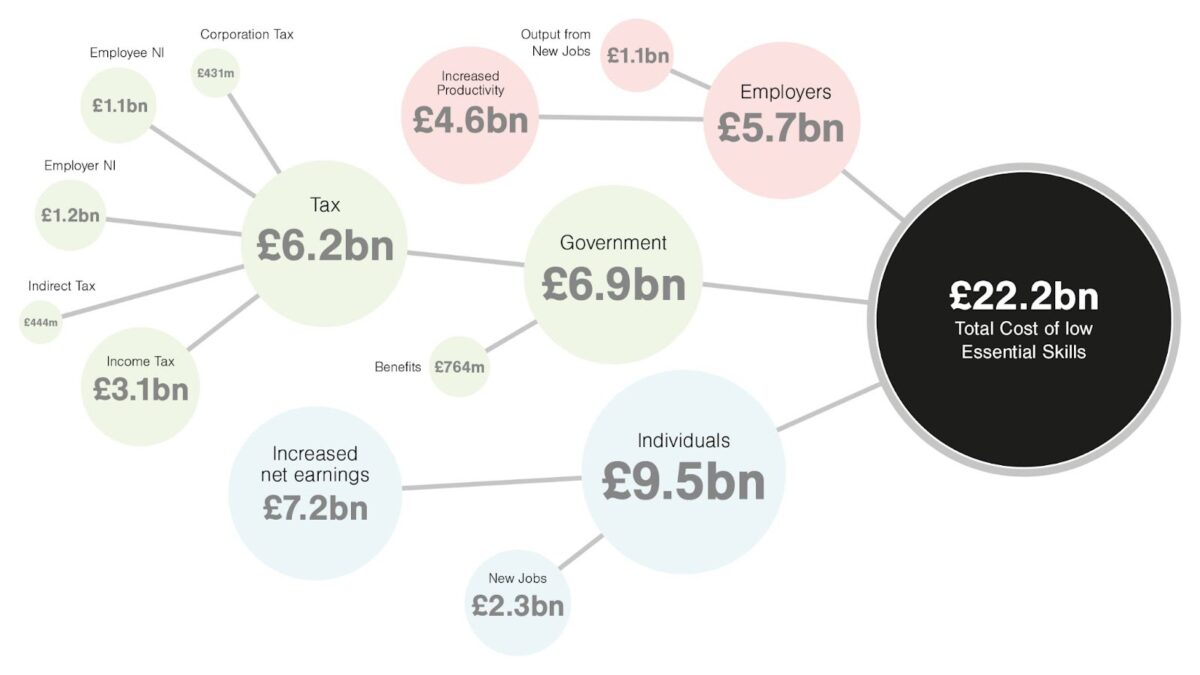


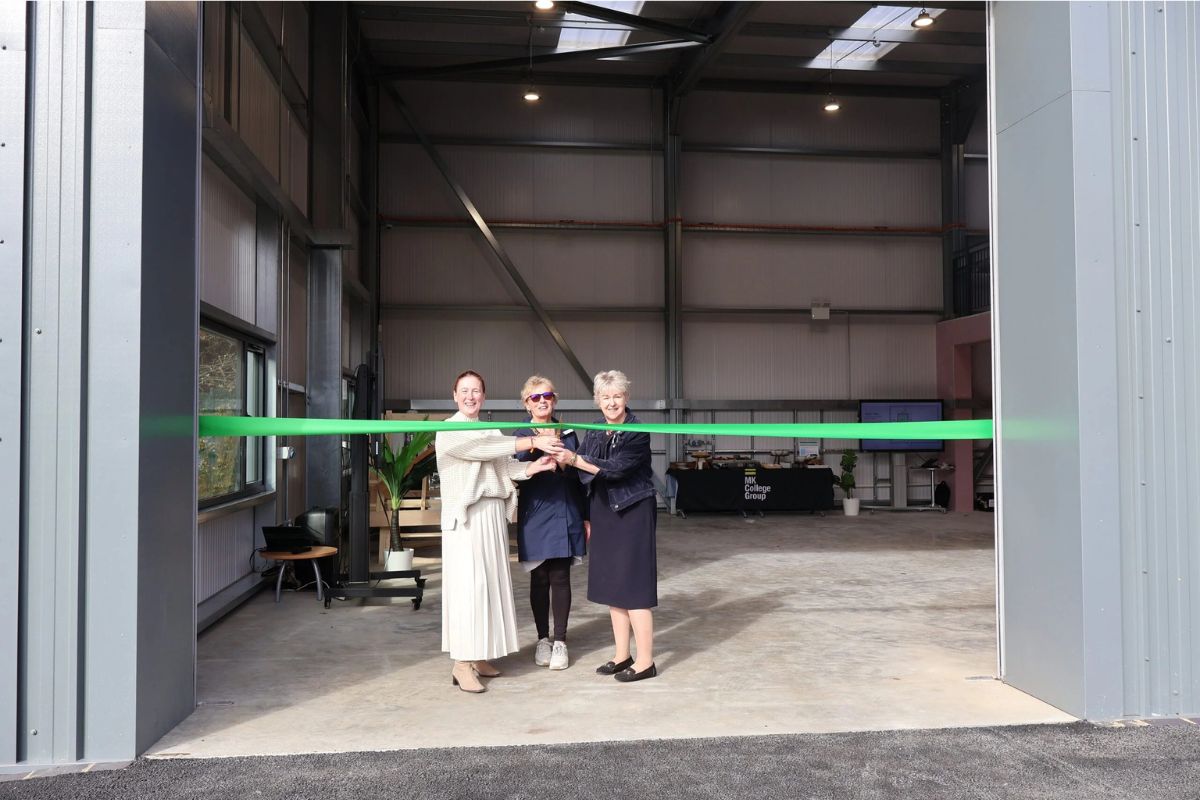


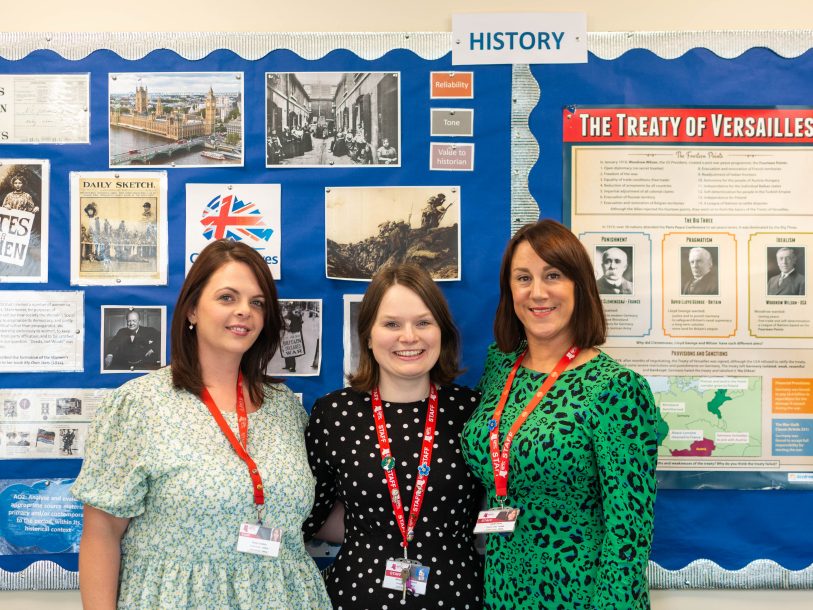

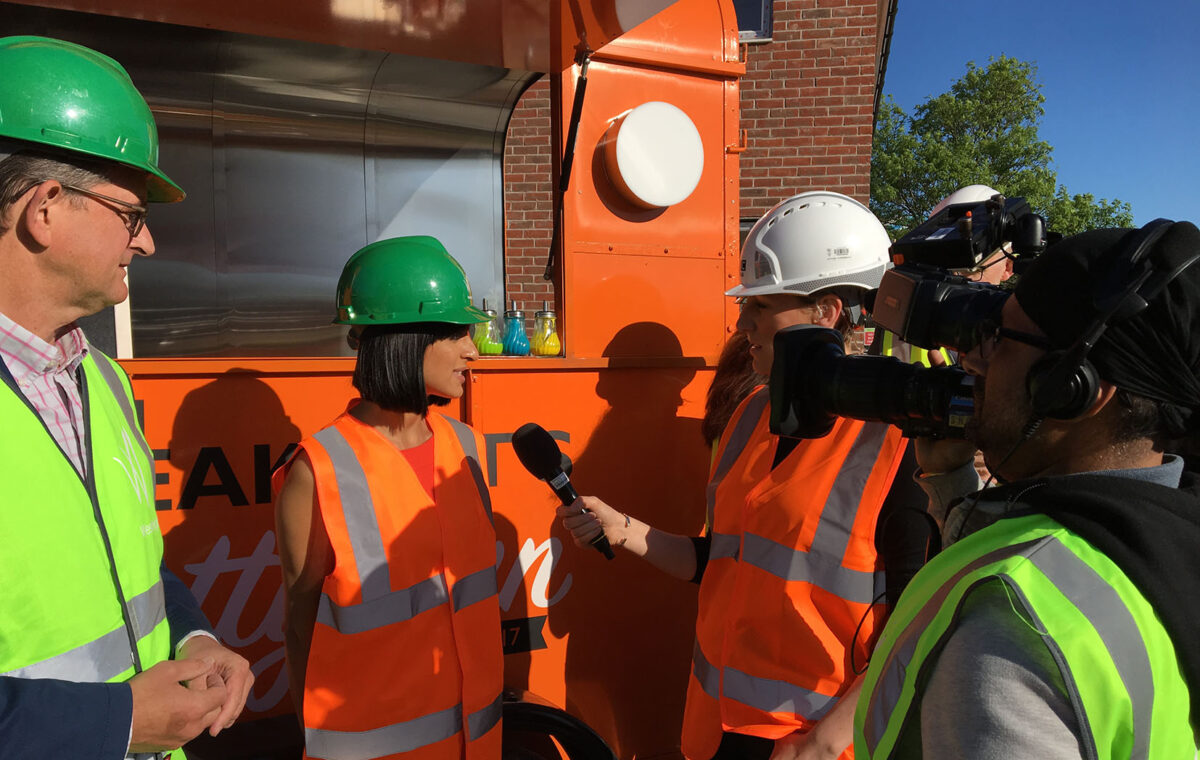
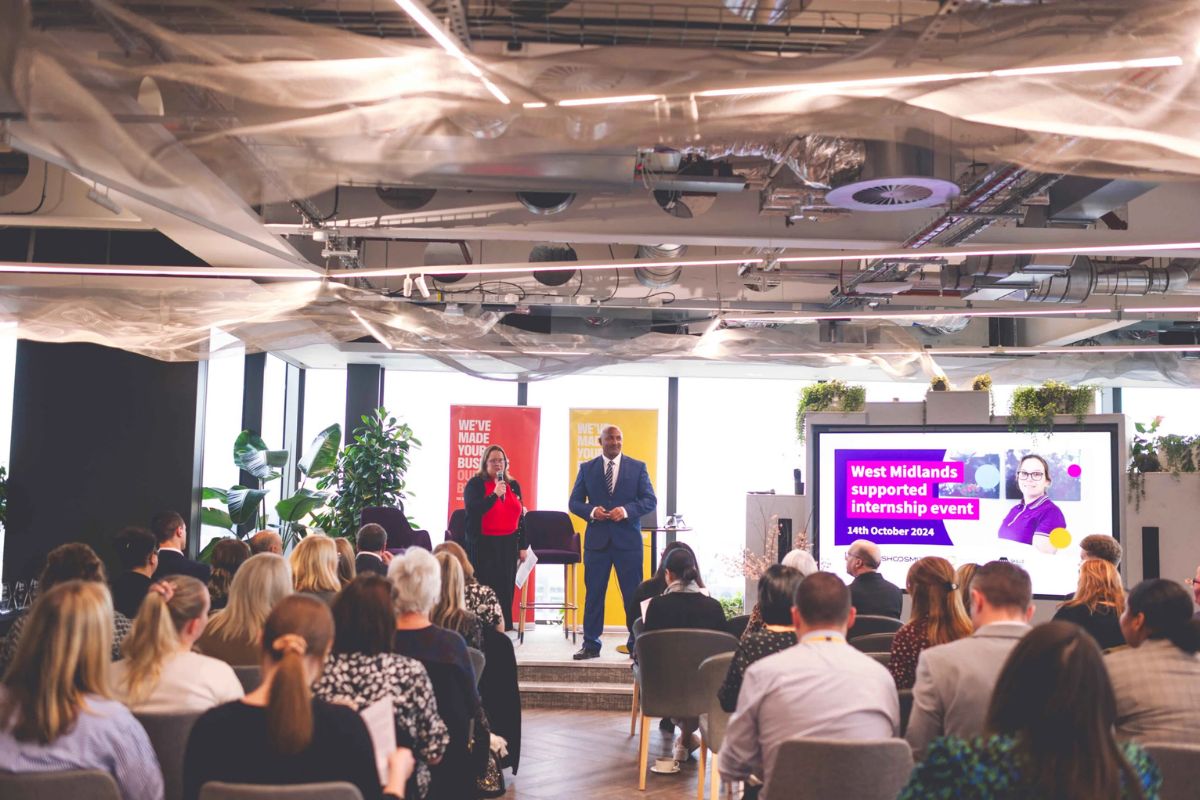


Responses